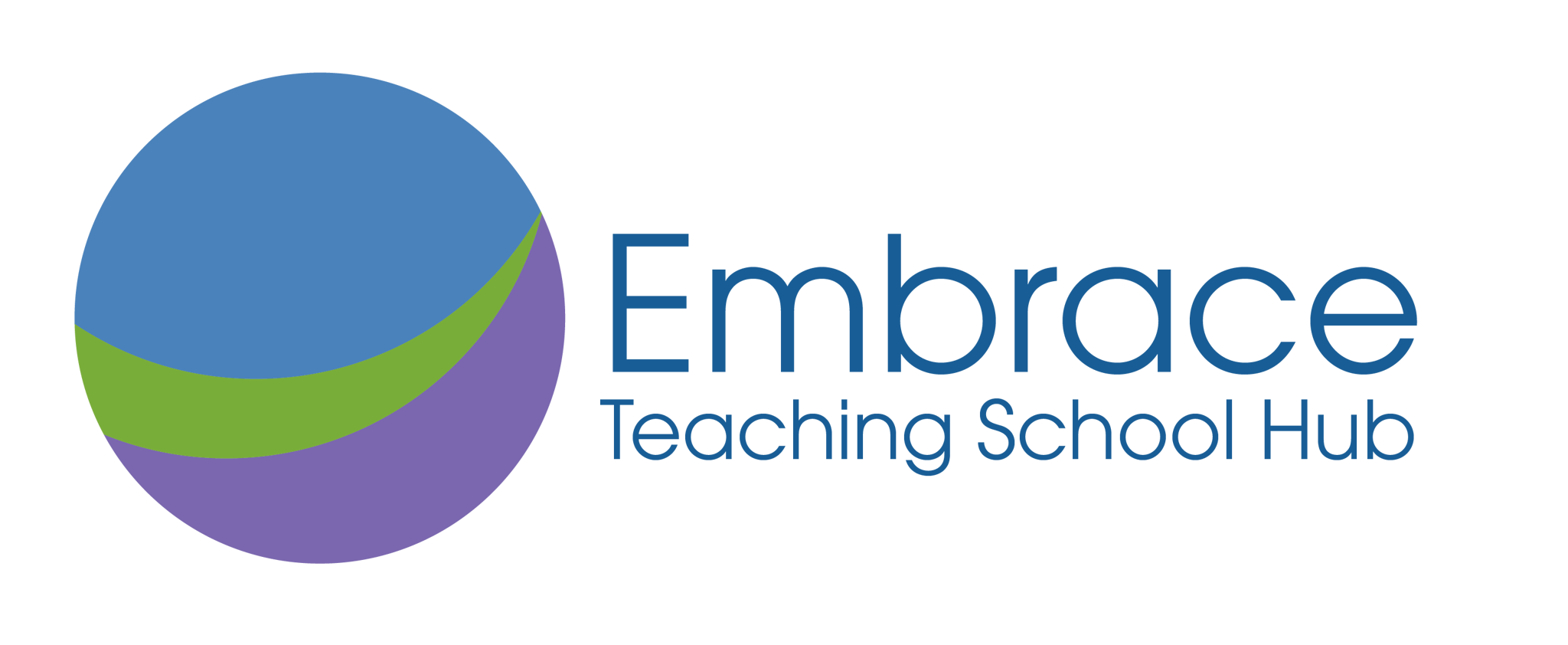The newly reformed leadership National Professional Qualifications
Less generic and more school focused, the new leadership NPQs are all organised around 10 specific areas of leadership, providing a 'Golden Thread' of development for school leaders as they progress through their career.
The leadership areas are: Culture, Teaching, Curriculum & Assessment, Behaviour, Additional and SEND, Professional Development, Implementation, Working in Partnership, Governance & Accountability.
We have also included the DfE Content Frameworks as these provide a full overview of the 'Learn that' and 'Learn how to' statements that both providers we work with have covered through their blend of synchronous and asynchronous learning.
NPQEL - Executive Leadership
Executive Leaders have the potential to improve the effectiveness of multi-school groupings and enable the children they serve to thrive.
With responsibility of strategic consistency and collaboration across and between schools, and delegating and achieving change through others, executive leaders play a fundamental role in the improvement of multiple schools.
The National Professional Qualification for Executive Leadership (NPQEL) is aimed at school leaders who are, or are aspiring to be, an executive headteacher or have a school trust CEO role with responsibility for leading several schools.
NPQH - Headship
Headteachers have the potential to deliver an ambitious vision to establish the culture and conditions in which staff and pupils thrive.
With responsibility of both the operational and strategic activity of the school and a focus on working with and through colleagues (in particular, through the leadership team), headteachers play a fundamental role in school improvement.
The National Professional Qualification for Headship (NPQH) is aimed at school leaders who are, or are aspiring to be, a headteacher or head of school with responsibility for leading a school.
NPQSL - Senior Leadership
Senior leaders have the potential to contribute to establishing the culture and conditions in which staff and pupils thrive.
With influence over both the operational and strategic activity of the school and a focus on working with and through colleagues (in particular, through middle leaders), senior leaders play a fundamental role in school improvement.
The National Professional Qualification for Senior Leadership (NPQSL) is aimed at school leaders who are, or are aspiring to be, a senior leader with cross-school responsibilities. Responsibilities may include contributing to all aspects of the school through the leadership team as well as having a specific whole school responsibility of their own.
NPQEYL - Early Years Leadership
Those leading early years have the potential to nurture a culture for learning that ensures every child gets the best start in life.
The National Professional Qualification for Early Years Leadership is for leaders qualified to at least Level 3 with a full and relevant qualification who are, or are aspiring to be, managers of Private, Voluntary and Independent nurseries, headteachers of school-based and maintained nurseries, or childminders with leadership responsibilities.
NPQ for SENCOs - Special Educational Needs Co-ordinators
An effective SENCO works alongside other leaders to build a school culture in which pupils with SEND can participate meaningfully in the full life of the school, achieve ambitious outcomes and make successful transitions to their next steps. The end goal is to ensure that every child is valued, belongs and has the opportunity to realise their unique potential, regardless of starting point.
The NPQ for SENCOs is a leadership level qualification, primariliy for SENCOs, school leaders or aspiring SENCOs and will be available from Autumn 2024. The framework for this NPQ is a codification of essential knowledge, skills and concepts that underpin successful SEND leadership within a school. It sets out what those leading SEND provision or in another senior leadership role with responsibility for SEND should know and be able to do within the specialist area related to their role and in relation to approaches that enable their school to keep improving.
